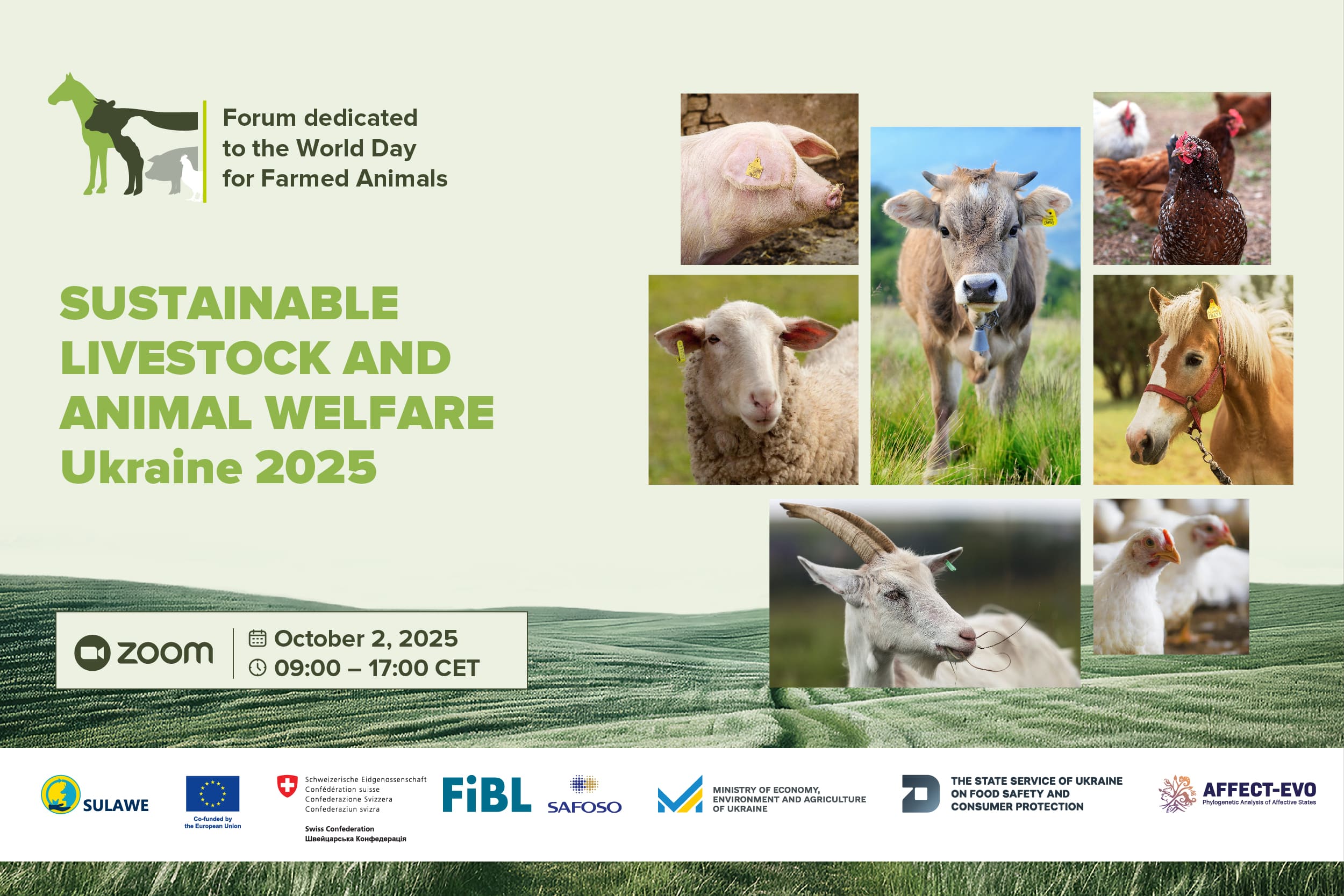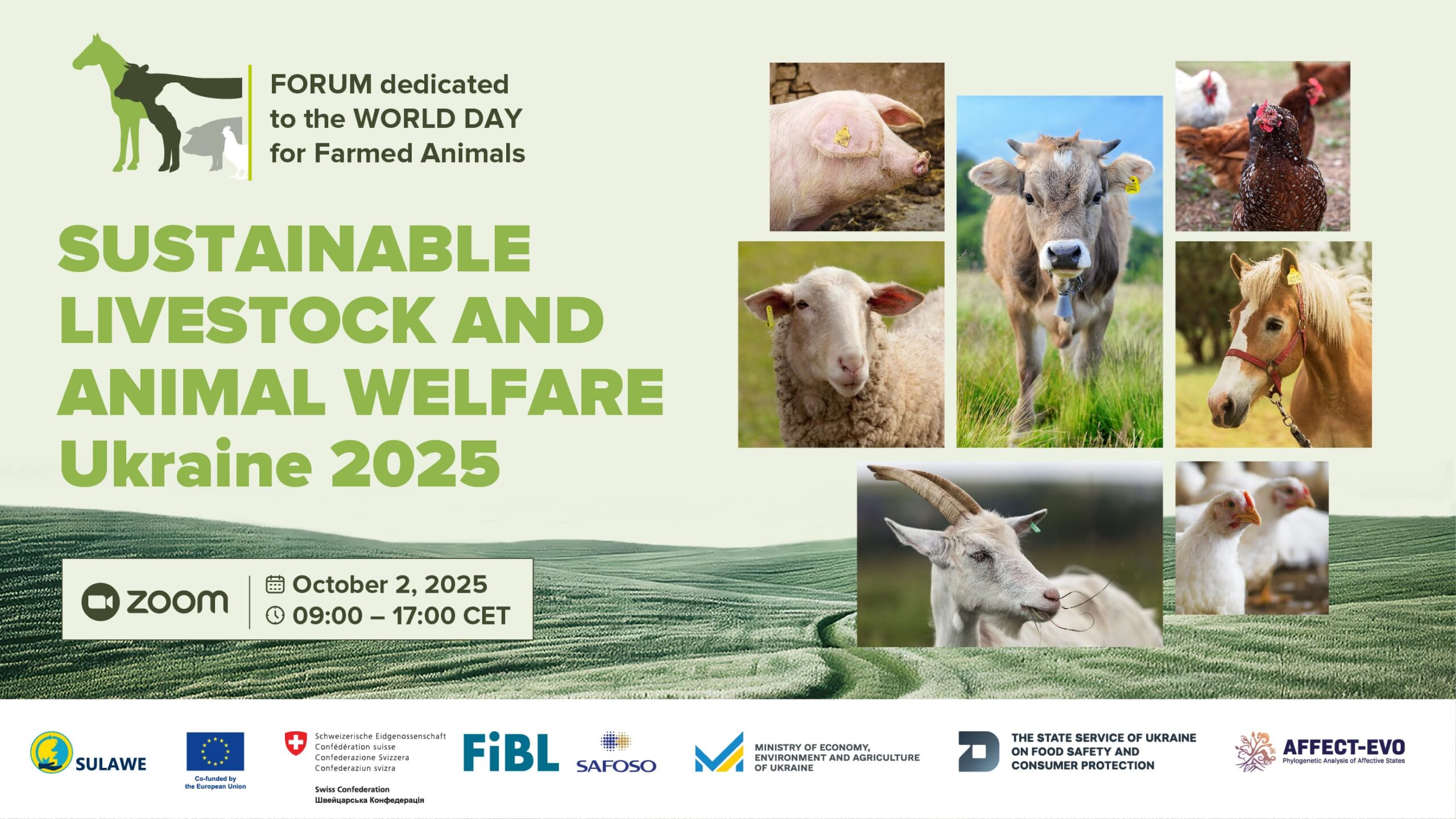
While Ukraine is widely known for its crop production, the livestock sector also plays an important role in both national and global food security. According to the State Statistics Service of Ukraine, as of January 1, 2025, the country had 2 million head of cattle, 4.5 million pigs, 843,000 sheep and goats, and over 187 million poultry. These animals are kept on more than 77,000 farms and in 13.9 million households, engaging approximately 16 million people in agricultural production. Over 80,000 students are enrolled in agricultural universities and colleges, forming the foundation of the sector’s future capacity.
Producers implement crisis-adapted management and better welfare practices. The government is working to harmonize policies with EU standards, and universities are updating curricula to reflect new demands. But are these efforts enough to reach the objectives? What strategies are needed to ensure lasting progress? How can all stakeholders work together more effectively to accelerate this transformation?
Representatives from the Ministry of Economy Environment and Agriculture of Ukraine, the State Service of Ukraine on Food Safety and Consumer Protection, producer associations, businesses, academia, international technical assistance projects, and consumer organizations will come together to discuss these pressing questions.
The Forum will showcase practical examples, share lessons learned, and highlight the importance of coordinated action between policymakers, producers and scientists to build a sustainable livestock sector – even in times of crisis.
This event is organized by
- the SULAWE Project, financially supported by the Education, Audiovisual and Culture Agency (EACEA) of the European Commission under the Grant ”Sustainable Livestock Production and Animal Welfare”;
- Swiss-Ukrainian Programme “Higher Value Added Trade from the Organic and Dairy Sector in Ukraine” (QFTP) implemented by the Research Institute of Organic Agriculture (FiBL, Switzerland) in partnership with SAFOSO AG (Switzerland);
- COST Action AFFECT-EVO (CA23106), which is funded by COST (European Cooperation in Science and Technology);
- in cooperation with the Ministry of Economy Environment and Agriculture of Ukraine and the State Service of Ukraine on Food Safety and Consumer Protection.
Co-funded by the European Union. Views and opinions expressed are however those of the author(s) only and do not necessarily reflect those of the European Union or the European Education and Culture Executive Agency (EACEA). Neither the European Union nor EACEA can be held responsible for them.




